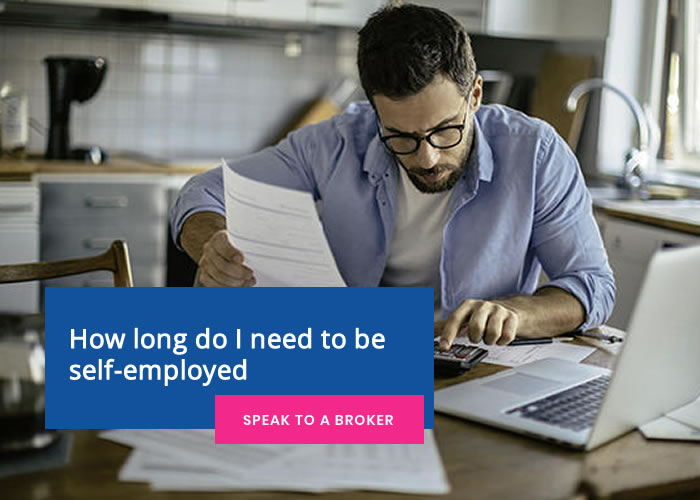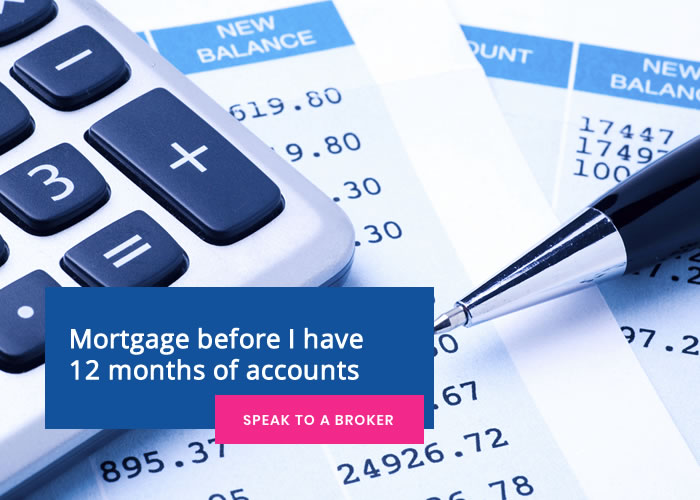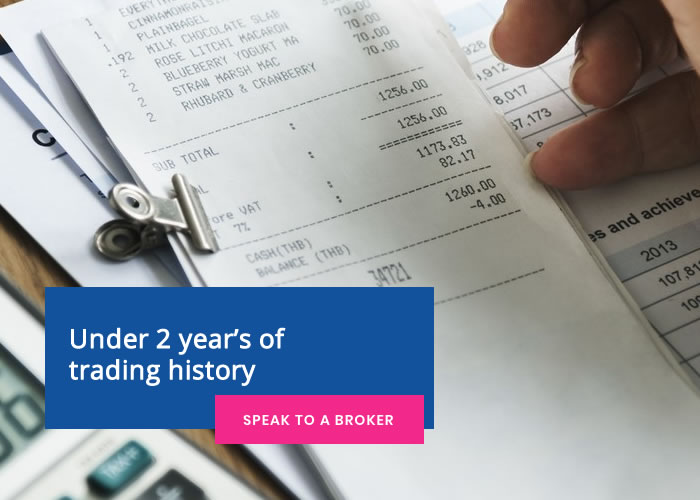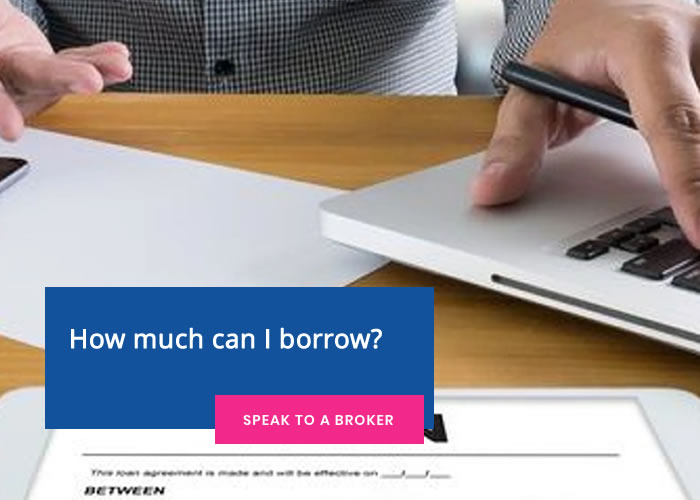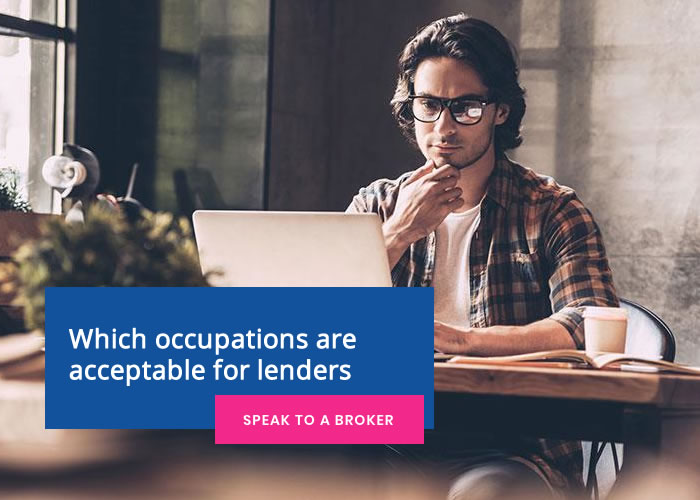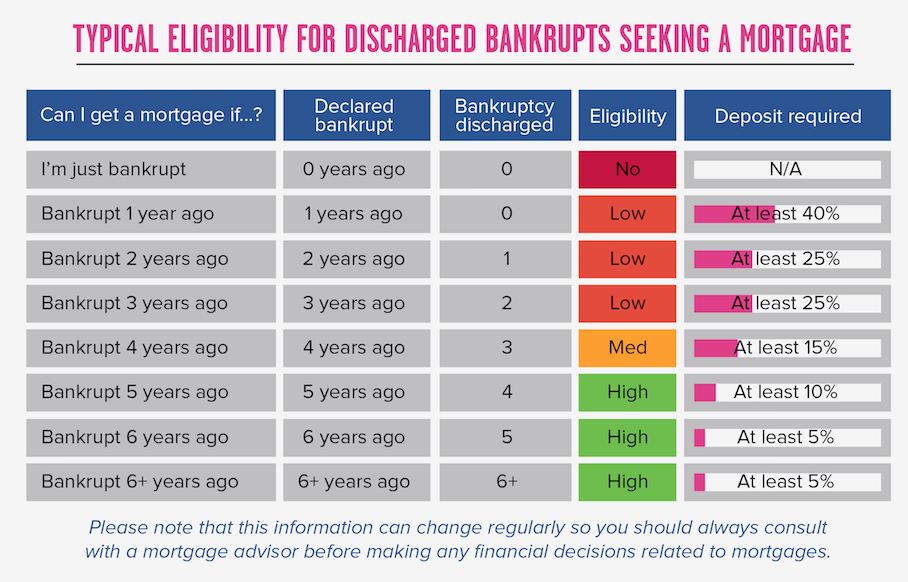How to Get a Mortgage When Self Employed
There are many perks to being self-employed, but an easier route to mortgages is not one of them. Before the 2008 financial crash, the self-employed could access something known as self-certified mortgages. This would allow them to state their earnings and the banks would trust that this amount was correct. Unfortunately, this led to many people overstating their earnings, borrowing too much, and then being unable to pay it back.
This type of mortgage is now banned in the UK, and lenders now implement strict checks on earnings. This means that the self-employed typically have to jump through far more hoops than any other type of borrower.
While it might be more stressful, it certainly isn’t impossible to achieve. Many people secure a self employed mortgage every year. And once you have passed the affordability checks, you will have access to all the same lending products. This means that you don’t need to worry about being charged higher interest rates just because you’re self-employed.
If you are self-employed and hoping to get on the property ladder soon, we’ve created this simple guide to help get you started. This will cover everything you need to know about preparing for the application and how you can act now to make things run more smoothly.
How to Get a Mortgage When Self Employed: the basics
First things first, you need to understand what lenders are looking for. Essentially, all lenders want to manage their risk, and they do this by being cautious about who they lend money to.
They carry out affordability checks to make sure that you will be able to afford the payments every month, and then they also take into consideration your deposit. A larger deposit reduces the LTV, which reduces their risk.
In short, having a strong financial position and a healthy deposit can help to ensure that your mortgage application is approved. But remember, there are plenty of steps you will need to take before your dreams of homeownership become a reality.
For a full-time, salaried worker, this process of applying for a mortgage is quite simple. They can supply their employment contract, payslips and bank statements to prove that they have a steady income. But for the self-employed, this process isn’t so simple.
Being self-employed is considered a higher risk to lenders. Even though full-time employees still have the risk that they could be fired or made redundant at any moment, they are still considered lower risk than their self-employed counterparts.
Understanding how lenders will look at your application can help to put you in the right frame of mind when it comes to preparing your application, starting with your accounts.

Prepare your accounts
In general, lenders will want to see between one and three years of accounts. Every lender will have their own rules for calculating how much you can afford to borrow based on your annual earnings figures. Some will take an average of the three, some will take your most recent annual earnings, and some will be extra cautious and only consider the lowest annual earnings figure.
Understanding how this will impact how much you can borrow and how much this borrowing will cost is essential. Some lenders will not even look at applications if you don’t have three years of accounts. Others will be more lenient, with some allowing you to apply with as little as one year of accounts. In this instance, they might be more stringent when checking your bank statements as they will want to see that your expenses are an accurate reflection of real life.
Your annual earnings help the lender to calculate how much you can borrow. It will typically be between 4-5 times your annual income. It’s now easy to see why approaching the right lender can drastically change your mortgage prospects.
Imagine you have earned £15,000 in year one, £25,000 in year two and £40,000 in year three.
Lender one is willing to offer 4 times your average annual income over the past two years.
Lender two is willing to offer 5 times your most recent annual income.
And lender three is willing to offer 4 times your lowest annual income over the past three years.
Which one sounds like the best deal to you?
Lender one offers £130,000.
Lender two offers £200,000.
And lender three offers £60,000.
This is why it pays to shop around for the best lender and for one that understands your needs.
Proving your income
The simplest way to prove your annual income is through your SA302 form. This is an end-of-tax-year form that breaks down your tax liability. This is the simplest way for lenders to see how much income you have received from your work.
A problem that many freelancers face is that they have made legal adjustments to their accounts to minimise their tax liability. While this is completely legal, it can impact your ability to secure a mortgage, or it can impact the amount of money you can borrow.
If you’re thinking about purchasing a property, speak to an accountant before filing your next tax return, as they may be able to advise you on the best way to balance these conflicting interests.
What’s important is that you are honest about your income and don’t try to inflate it to secure a larger mortgage. Mortgage providers and HMRC will compare notes to make sure the amount you state you earn accurately reflects what you are paying tax on.
Share your bank statements
Many lenders will ask to see the last three months of bank statements. They will scrutinise things like bill payments, your spending, and where you spend your money. Late payments, borrowing money and gambling sites will all be red flags for lenders.
On the run-up to your mortgage application, keep your spending in check and don’t make any large luxury purchases. You need to show that your declared monthly expenses are accurate, as this will mean your proposed mortgage is affordable.
Check your credit score
During your mortgage application, the lender will look to your credit score for clues about your past behaviour with money. So if you have a shady history with high-interest store credit cards, expect this to be laid bare on your credit report.
Sprucing up your credit report is one of the best ways to ensure your application is accepted. This can mean something as simple as making sure you are on the electoral register at your current address. Or it might mean paying down your debt to keep it within 20-30% of the total limit.
You can check your credit score with all three credit reference agencies (Equifax, Experian and TransUnion) by joining Clearscore, Credit Karma and Experian. When you have all the information, you’ll know what you need to do to increase your chances of being accepted.
Does a poor credit score matter?
Unfortunately, yes, it does. A poor credit score in combination with other factors, such as a small deposit, could lead lenders to reject your application. As we mentioned above, lenders have to manage their risk, and sometimes a poor credit score can be a red flag for them.
The good news is that your credit score can be fixed with a few simple steps. Paying down your debt, making payments on time and getting registered at the right address on the electoral roll can all make a difference to your credit score in a matter of months.
Save a deposit
You’ll need to save a deposit before you can purchase a property. 100% mortgages are a thing of the past, so lenders will now want to see that you are willing to put something towards the purchase of the property.
While it is possible to find 5% deposit mortgages, these are rare and more likely to be rejected. Instead, you should aim to save at least 15-20% of the value of the property. This will reduce the amount you need to borrow and make your application more attractive for lenders.
Boosting your deposit amount
There are government schemes available to help you purchase your first home. This includes shared ownership, equity loans and the help to buy ISA. Unfortunately, the help to buy ISA is closed to new applicants, but those who already have one open will be able to continue using this account to save and enjoy a government boost until 2029.
One of the easiest ways to boost your deposit amount without saving another penny is to set your sights on a lower-priced property. This could mean making some compromises on the area or the property finish.
You could also look into shared ownership schemes which would allow you to purchase a percentage of the property and pay rent to a housing association on the remaining percentage. If your financial situation improves in the future, you would be able to increase your ownership share through a process known as “staircasing”.
A shared ownership scheme is a great way to get on the property ladder with a smaller deposit. After a few years when you have built up further equity in your home, you could either sell your share and use the deposit to move somewhere new, or you could increase your ownership share. You’ll be able to decorate the property as you like, but larger structural changes will need approval. There may also be rules on things like keeping a pet in the property.
Work with a mortgage broker
Navigating the mortgage market can be difficult for first-time buyers. As a self-employed, first-time buyer, you will benefit from the support of a mortgage broker. A mortgage broker can look at your situation and determine which lenders are most likely to accept your application. This can save you from being rejected and having to wait months to reapply.
A mortgage broker will be able to advise you on your application and how the current housing market will impact your search. They will also offer guidance on preparing your application to ensure you don’t make any easily avoidable mistakes. And finally, they can help to save you money on your lending products.
Securing a mortgage at a lower interest rate can save you tens of thousands over the lifetime of a mortgage. So while a mortgage broker might be an additional expense, they will more than pay for themselves in the long term.
Apply for a mortgage in principle
Before you take the plunge with your real mortgage application, you can complete something known as a mortgage in principle or application in principle. This completes all of the soft checks and affordability calculations to give you the freedom to start looking at properties. If you find a home you would like to buy, you can put in an offer before completing the full mortgage application.
While there is the risk that your application could be rejected in the second round of checks, this is rare. If you are honest about your income and financial history, you stand a good chance of being accepted for a mortgage.
An application in principle allows you to start your property search with confidence. It will also allow the process to move much quicker, as you will have already completed many of the initial checks which can slow down a house purchase. The application in principle will last for 3 months, after which you will need to apply for another.
Find your dream property
Once you have found your dream home, you can put in an offer and wait. If the offer is accepted you can move forward with the complete application. Once a mortgage application is accepted, the sale can move into the next stages.
This is a very exciting time for first-time homeowners. As a self-employed applicant, it can often feel like the rug is about to be pulled out from under you. Remember to check all documents twice and get a second opinion if you are unsure how to move forward.

